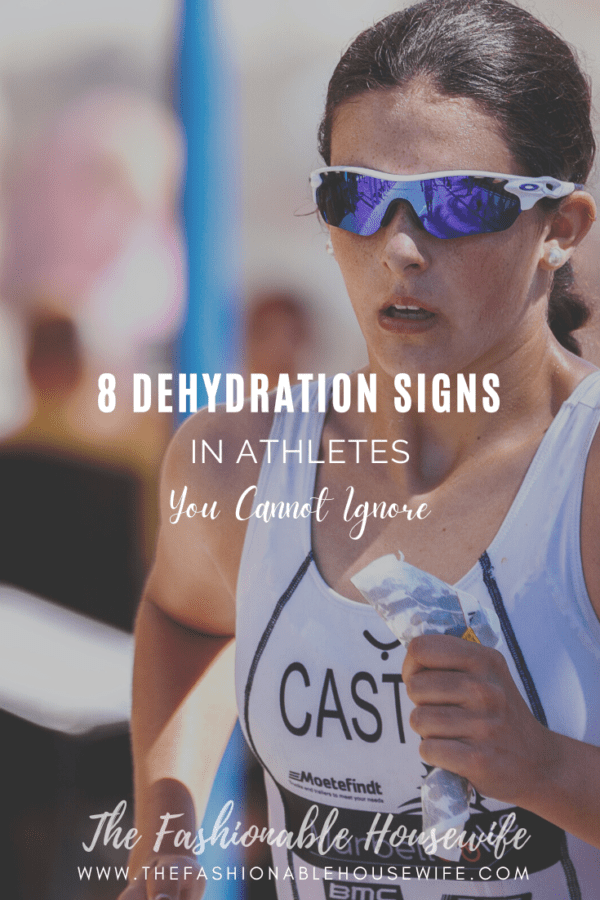
If you’re an athlete, hydration is a big deal. It’s not just about how much water you drink; it’s also about how much water your body needs to function properly. When your body isn’t getting enough of the H2O it needs, it starts showing signs that something is wrong—and if you ignore those signs, you could end up in serious trouble. We will cover eight of the most common signs that your body is dehydrated and what you can do to fix them.
Headaches
Dehydration causes headaches because it reduces the blood circulating in your body. When this happens, you might experience frequent head spins and pains. Drinking water can help to alleviate the pain of dehydration-induced headaches.
Dry Mouth
When your body is dehydrated, it needs more water than usual to function properly. Unfortunately, one of the side effects of dehydration is dry mouth, which can make you more prone to cavities and other dental issues.
Fatigue
Dehydration can cause fatigue because it affects your body’s ability to regulate temperature and keep blood pressure normal. This can lead to feelings of weakness or exhaustion, making it difficult for you to complete everyday tasks without feeling tired afterwards.
Constipation
If you’re dehydrated, your bowels may not be able to naturally eliminate waste from your body as easily because they don’t have enough water available for optimal functioning. This can lead to constipation and other digestive problems that make it difficult for you to stay healthy if left untreated long enough.
Dizziness
Dehydration can cause dizziness by reducing blood flow to your brain. This can make you feel lightheaded or unsteady, and it might even lead to fainting if not corrected quickly enough.
Muscle Cramps
When you’re dehydrated, your muscles don’t have enough fluid to work properly, which can lead to cramping. This is especially common in athletes who lose a lot of sweat during workouts.
Trouble Concentrating
Dehydration can impact your cognitive function, making it difficult for you to focus or think clearly. This can be detrimental if you try to perform at your best during a competition or important event.
Dark-colored Urine
When your body is dehydrated, your kidneys try to hold on to as much water as possible to prevent further dehydration. This can cause your urine to become dark in color, indicating that you need to drink more fluids.
How to Counter Dehydration as an Athlete?
As an athlete, staying hydrated is important to your overall health and performance.
Here’s what you can do:
- Consider IV treatment: IV therapy from ResetIV is a great way to quickly restore the fluids and electrolytes lost during exercise. This can be especially helpful if you’re training at high altitudes, which causes your body to sweat more than usual. If you cannot get an IV treatment before your next big race, consider drinking more water and eating salty snacks after each workout.
- Stay hydrated: Make sure to drink plenty of water before, during, and after exercise. If you’re unsure how much to drink, check with your doctor or athletic trainer.
- Don’t overwork yourself: If you’re exercising for more than an hour at a time, be sure to take breaks during your session. This will allow your body to rest and recover between intense workouts.
- Focus on form: Poor form can cause injuries and lead to poor performance. Before beginning any type of exercise program, ask a trainer or coach to evaluate the way you move and provide tips for improving your technique.
Final Word
Dehydration is a serious condition that can lead to several health problems. As an athlete, you must ensure you’re drinking enough fluids to stay hydrated during exercise. If you think you might be dehydrated, follow the above tips and seek medical treatment immediately.



